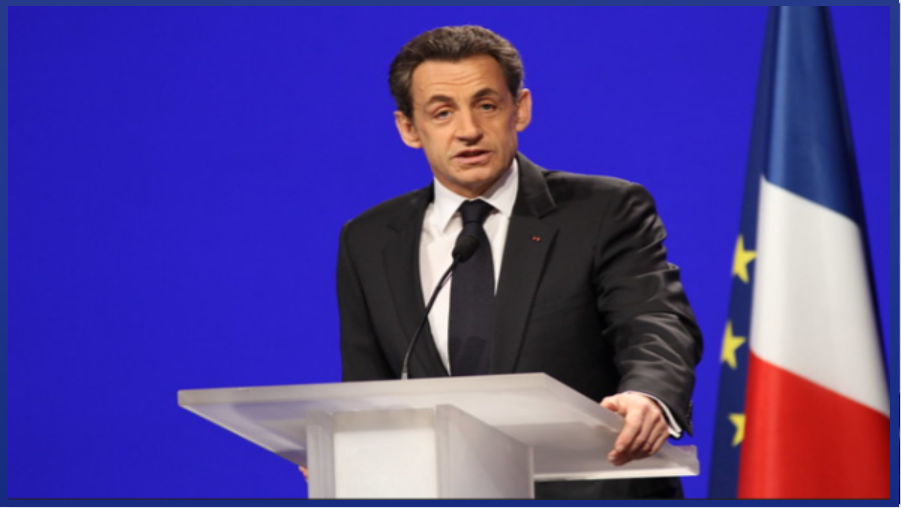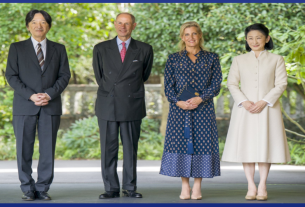Former French President Nicolas Sarkozy has been sentenced to five years in prison for criminal conspiracy linked to alleged illegal campaign financing from Libya. The ruling makes him the first French head of state in decades to face incarceration, marking a dramatic fall from grace for a once-dominant political figure.
The conviction stems from accusations that Sarkozy’s 2007 presidential campaign received illicit funding from the regime of former Libyan leader Muammar Gaddafi. Sarkozy has consistently denied the charges, and his legal team has argued that the case is politically motivated, lacking concrete evidence to justify such a severe penalty.
Critics of the prosecution have raised concerns about the broader implications of pursuing a former leader under contentious circumstances. In a time when many French citizens are grappling with economic hardship, some argue that national efforts would be better directed toward addressing pressing social and financial challenges rather than engaging in prolonged legal battles over disputed allegations.
Supporters of the verdict maintain that if sufficient evidence exists, accountability must prevail regardless of status. However, others view the case as emblematic of a justice system distracted from the immediate needs of the public, especially when the evidence remains contested and unsubstantial.
The debate surrounding Sarkozy’s sentencing reflects deeper tensions in French society—between the pursuit of justice and the prioritization of economic recovery, and between political legacy and legal scrutiny.
The universal justice system works on hard cold facts and evidence, not on insinuations and assumptions, while we are not suggesting his innocence, we are also not suggesting his guilt because as earlier stated, there are simply insufficient evidence to conclusively and without doubt deem him guilty.
Determining whether or not the sentencing is fair, right and justified or simply a result of personal vendetta and political scapegoating remains to be seen, however the undeniable message to others in power is that political power is transient and should be handled with absolute care.
Nicolas Sarkozy Picture by UMP Photos



